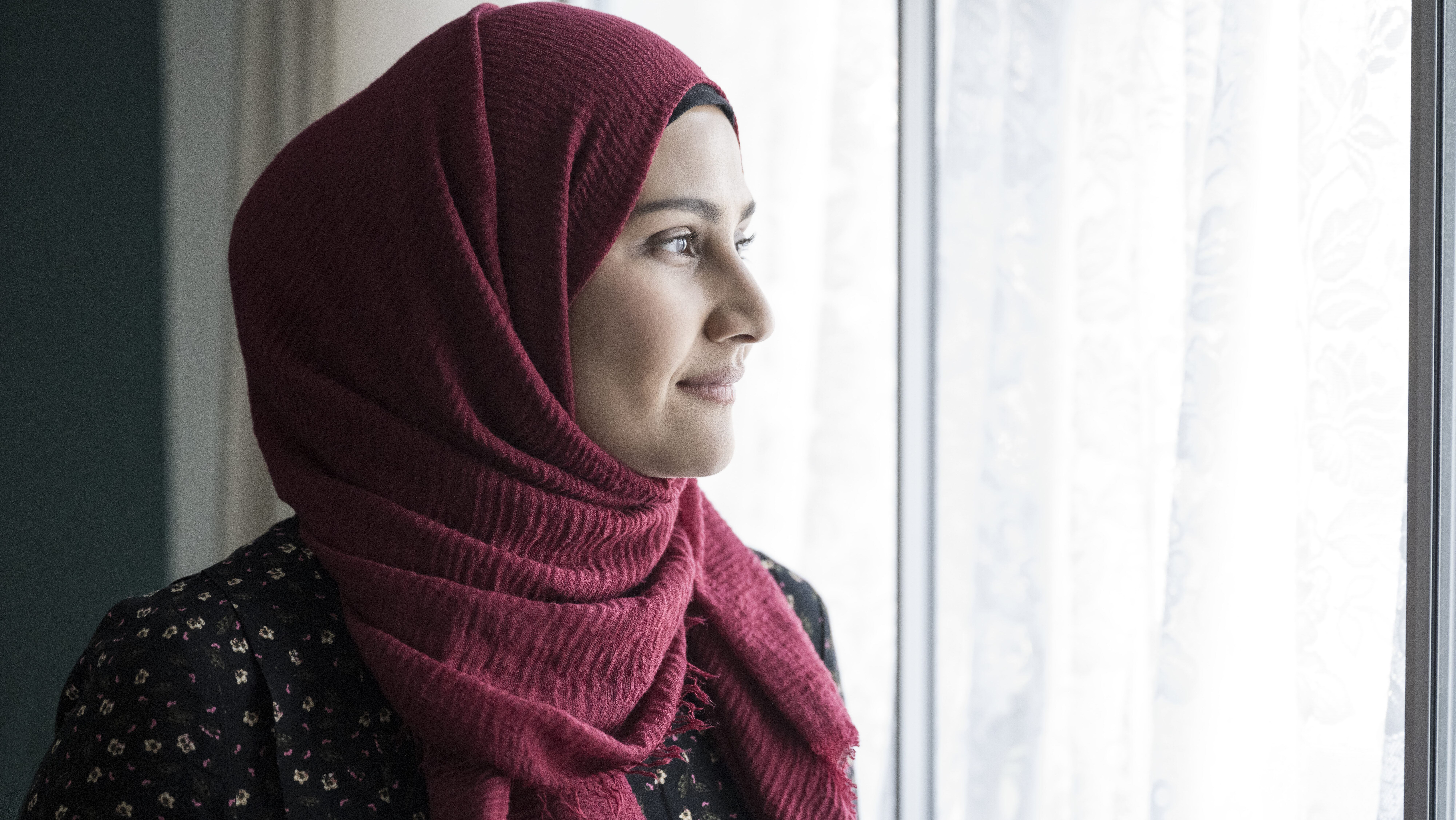In Jerusalem, Israeli and Arab Women Speak About Attire During the War
“I’m proud to be Jewish, and I want to show that I am Jewish,” Rachael Miller, an employee at Mamilla Mall in west Jerusalem, expressed.
“During these times, it feels easier to just remove the hijab so you won’t get hurt.” Lujain Alyan, an employee at Malcha Mall in southwest Jerusalem, explained.
In the early morning hours, I navigated through the Old City, attempting to measure the sentiments of Israeli Jewish women and Muslim Arab women. My focus shifted towards observing the potential changes in how Jewish women were dressing amid the conflict.
Approaching two Jewish residents of Jerusalem, I introduced myself. They were initially open to the idea of being interviewed. However, as I disclosed my identity as an Arab Muslim from the United States, their initial welcoming demeanor transformed into what felt like fear. One of the women, who seemed suddenly gripped by apprehension, declined to proceed with the interview, highlighting the complex emotions woven into the fabric of the city’s conflict.
The Israel-Hamas War has triggered widespread global demonstrations. On one side of the debate, people are rallying in support of Israel’s right to safety and peaceful existence. On the other end of the spectrum, those taking to the streets advocate for the freedom of the Palestinian people. Freedom from whom exactly remains a question of vigorous debate.
However, amid the current difficulties, a noticeable surge in antisemitism has emerged, manifesting in discrimination and racism against the Jewish community, specifically within the diaspora. Conversely, the Muslim community within Israel is also experiencing heightened tensions and pressure during these dark days.
Alia Tunsi, a kindergarten teacher at the Hand in Hand school in Jerusalem, an institution with the mission of creating equality and inclusion between Arab and Jewish citizens through a specialized, multicultural curriculum, expressed to The Media Line that she is proud of her identity as a Muslim woman, despite the stares she receives for wearing a hijab.
“I have never considered taking off my hijab, despite knowing the consequences it may have during these difficult times and how dangerous it is,” Tunsi acknowledged.
Echoing her religious pride despite the current circumstances was 19-year-old Rachael Miller, a current employee at Mamilla Mall.
“I am proud to be Jewish and I want to show that I am Jewish. I booked a flight, and the first thought that came to my mind [was] that if I wear the Jewish star on my neck, I am going to have to hide it,” Miller pensively admitted.
“This is a ridiculous kind of mindset, that I must hide my identity, of which I’m proud, just because I’m traveling.”
Other interviewees articulated their reluctance to attend work due to concerns related to their religious attire, fearing that they might be perceived as threats based on their work location and the cultural environment.
Ditty Shwartz, an artist and former employee at the Israeli Ministry of Justice, addressed the challenges she would have faced if she still worked at the ministry located on Salah Al Din Street, an area in east Jerusalem densely populated by the Arab community.
She confessed, “I would feel more fear if I were still working in the Ministry of Justice in Salah Al Din Street, and I wouldn’t even go to work during the war. I wouldn’t go to places that are considered ‘Arab places’ because I know I would get a lot of stares, and my life would be in danger.”
Likewise, Lujain Alyan, a 20-year-old employee at Malcha Mall, revealed her concerns about going to work since the beginning of the war. Much like Shwartz, she halted her in-person employment following the 7th of October.
“To be honest, I stopped working from the beginning of the war, and I don’t go to work because of my hijab, and because I’m scared,” Alyan revealed. “A co-worker, who’s Arab and doesn’t even wear the hijab, was called a terrorist when they found out she was Arab, and that made me even more afraid to go.”
In Israel, demographic distribution plays a significant role in the varying experiences of women from different religious backgrounds. With a larger population of Jewish Israeli women compared to Muslim Arab Israeli women in the country, Jewish women generally feel less compelled to conceal their religious identity.
“I don’t know how much it affects me here in Israel, especially where I live, which is mostly religious people,” said Shwartz. “My religion provides me comfort, and I don’t feel fear at all, we are showing our strength to the world by preserving our faith in religion.”
In contrast, Muslim Arab Israeli women, facing a minority status, often grapple with a sense of vulnerability and are more likely to experience hesitancy in openly displaying their religious affiliations due to concerns about discrimination or prejudice.
“During normal times, yes, I do get stares from people, especially in places heavily populated with Israelis,” claimed Tunsi. “I had to stop going to places where I usually go because I hear them say things and they stare at me with such hatred in their eyes. Right now, it’s like the hijab symbolizes terrorism or Hamas to some Israelis.”
Lana Ikelan is a recent graduate of the Hebrew University of Jerusalem and an intern in The Media Line’s Press and Policy Student Program.


